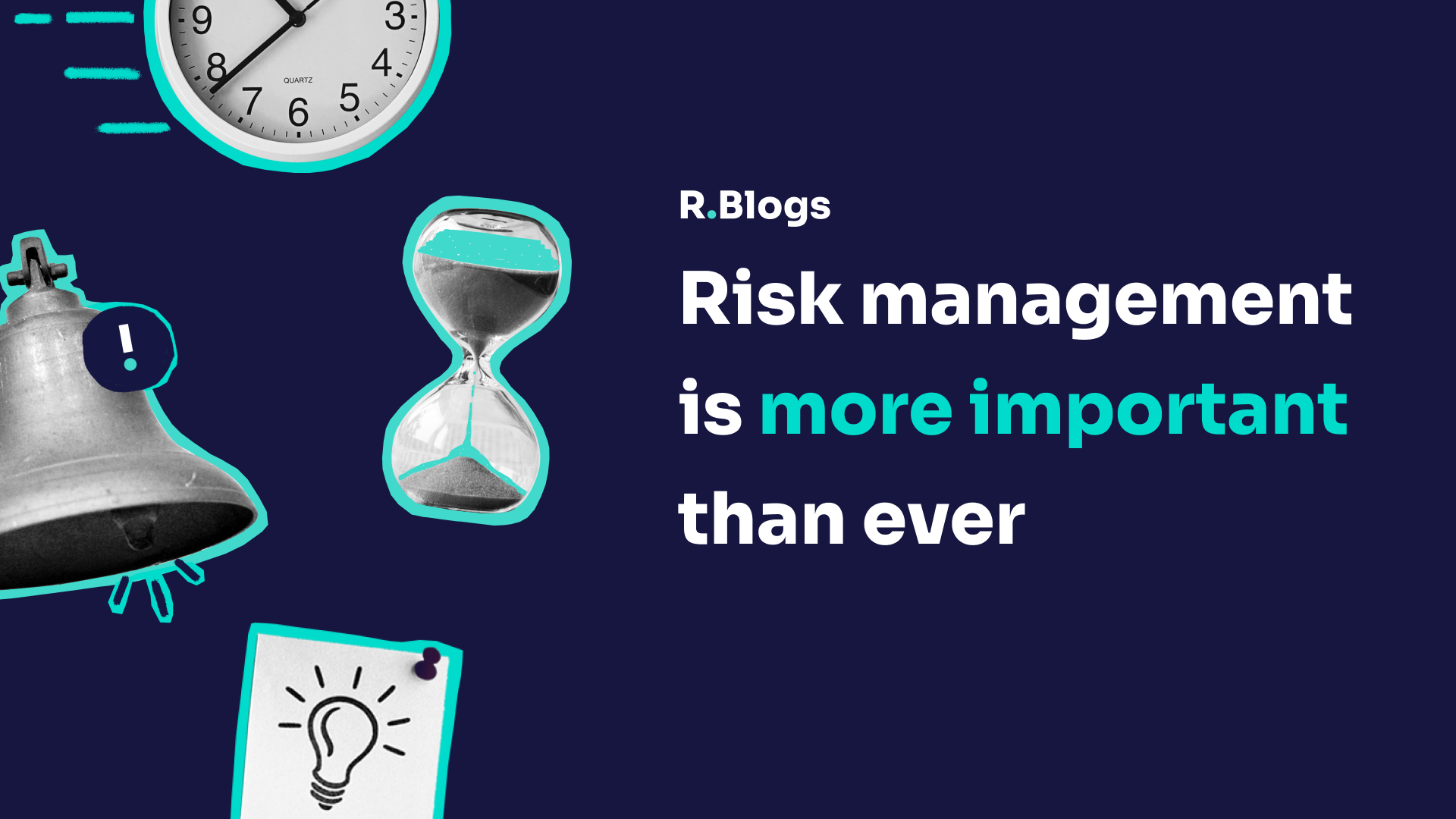The Critical Importance of Risk Management in Economic Decision Making
The Critical Importance of Risk Management in Economic Decision Making
Blog Article
Checking out the Relevance of Risk Management for Effective Decision-Making Methods
In the elaborate globe of company, Risk Management becomes a crucial aspect in the decision-making process. The capability to recognize potential risks and chances, and strategize appropriately, can lead to the difference between success and failing. With devices such as SWOT and PESTEL, organizations are geared up to make enlightened choices, promoting durability and flexibility in an ever-changing environment. Wondering exactly how this functions? Allow's unbox the dynamics even more.
Comprehending the Principle of Risk Management
Risk Management, an important element in decision-making, is commonly misinterpreted or oversimplified. Risk Management involves self-displined and structured methods, making use of data and informative assessments. From monetary uncertainties, lawful liabilities, calculated Management errors, to crashes and natural disasters, it resolves different threats - importance of risk management.
The Role of Risk Management in Decision-Making Processes
In the realm of critical preparation and service procedures, Risk Management plays an indispensable role in decision-making processes. It helps in recognizing potential dangers and unpredictabilities that could impact the success of business objectives. By tracing these threats, companies can formulate approaches to reduce their influence, making certain company connection and stability. Risk Management hence comes to be a vital device in decision-making, assisting leaders to make enlightened selections based upon an extensive understanding of the dangers included. It urges an aggressive approach, enabling organizations to prepare and expect for possible future scenarios. This dramatically minimizes the chance of adverse effects, advertising a lot more efficient and effective decision-making strategies. For that reason, Risk Management works as an essential part in the decision-making procedures of any kind of organization.

Exactly How Risk Management Improves Strategic Planning
In the context of tactical preparation, Risk Management plays an essential duty. Launching with the identification of prospective risks, it better expands to the execution of Risk reduction measures. The function of Risk Management is not static but dynamic, as it requires continuous monitoring and adjusting of approaches.
Determining Possible Dangers

Carrying Out Risk Reduction
Having actually established the importance of determining prospective dangers, the following action is to check out Risk mitigation. This procedure includes creating and applying approaches to manage identified risks effectively. It is an important element of strategic preparation as it boosts decision-making by decreasing possible adverse end results. Risk mitigation techniques can vary from Risk avoidance, Risk transfer, to run the risk of decrease. Each strategy this contact form should be customized to the details Risk, considering its potential influence and the company's Risk resistance. Additionally, effective Risk mitigation requires a deep understanding of the Risk landscape and the possible effect of each Risk. This understanding enables organizations to focus on risks and allocate sources efficiently, making sure that the most substantial dangers are addressed initially.
Monitoring and Changing Strategies
Though Risk mitigation is a crucial action in strategic preparation, continuous tracking and change of these techniques is just as vital. This recurring process enables companies to recognize brand-new dangers and reassess existing ones, making certain the executed approaches stay reliable in the ever-changing organization atmosphere. It also offers an opportunity to assess the success of the Risk Management procedures, enabling changes to be made where necessary, additional boosting critical planning. Reliable monitoring and modification need the usage of analytics and key performance signs (KPIs) to determine performance. These tools offer useful data-driven have a peek at this website understandings that can educate strategic decision-making. As a result, surveillance and readjusting Risk Management strategies is a crucial part for improving a company's durability and critical preparation.
Instance Studies: Successful Risk Management and Decision-Making
In the world of service and finance, effective Risk Management and decision-making typically serve as the columns of prosperous business. These cases highlight the value of sharp Risk Management in decision-making procedures. These cases emphasize the vital duty of Risk Management in strategic decision-making.
Tools and Strategies for Effective Risk Management
These devices, such as Risk signs up and warm maps, aid in determining and analyzing possible threats. Risk action approaches, a crucial element of Risk Management, involve accepting, avoiding, transferring, or mitigating risks. With these devices and strategies, decision-makers can navigate the complicated landscape of Risk Management, therefore helping with educated and reliable decision-making.
Future Trends in Risk Management and Decision-Making Approaches
As we discover the substantial landscape of Risk Management, it ends up being apparent that the tools and methods used today will proceed to develop. The concept of Risk culture, where every member of an organization is conscious and involved in Risk Management, will gain more importance. These fads proclaim a more inclusive and aggressive approach towards Risk Management and decision-making.
Final thought

Risk Management thus comes to be an important device in decision-making, helping leaders to make educated choices based on a thorough understanding of the click this link risks entailed. Risk mitigation methods can range from Risk avoidance, Risk transfer, to run the risk of reduction (importance of risk management). Effective Risk reduction requires a deep understanding of the Risk landscape and the possible influence of each Risk. Risk action methods, a vital part of Risk Management, involve accepting, staying clear of, moving, or mitigating dangers. The principle of Risk society, where every participant of a company is mindful and included in Risk Management, will gain much more prominence
Report this page